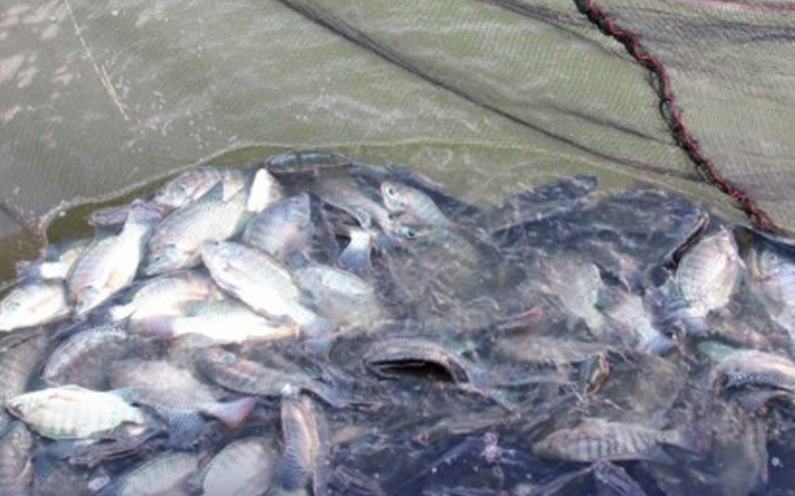
THE Philippines backs the creation of a World Trade Organization (WTO) fund that would support developing countries’ capacity to implement the draft agreement on fisheries subsidies.
Agriculture Undersecretary for Agri-Industrialization and for Fisheries Cheryl Marie Natividad-Caballero said the Philippines shall benefit from such a funding mechanism in improving its capacity and technical knowledge in managing its fisheries resources.
“The Philippines has undertaken initiatives and research on science-based approaches to sustainable fisheries management and will benefit from funding grants that will enhance its capacity and technical knowledge towards ensuring up to date resource management mechanisms,” Natividad-Caballero said in a press conference at the 12th WTO Ministerial Conference (MC12) in Geneva on Tuesday.
“As the Philippines enhances our capacities, we stand ready to collaborate and cooperate with other WTO member-countries
for holistic fisheries management anchored on an ecosystems-based approach and which promotes the latest technologies on fisheries stock assessment and tools for data collection,” she added.
The “envisioned” fisheries funding mechanism, she stressed, is “important” for the “effective implementation” of the Article 7 of the draft fisheries agreement seeking to make available technical assistance and capacity building assistance to developing countries and least-developed countries (LDCs).
“The Philippines, on its part, will endeavor to integrate elements included in the concept note as priorities in its trade-related technical assistance projects and sustainable fisheries management programs,” said Natividad-Caballero, who was named by the government to engage in the fisheries negotiations at the four-day high-level MC12.
WTO Director-General Ngozi Okonjo-Iweala said “many” WTO member-countries are in need of capacity building and technical assistance in order for them to “better manage” their fisheries and implement the disciplines under the draft fisheries agreement.
“We all know that a healthy productive and sustainable blue economy is one where our oceans are replenished, where our fish stocks are also healthy, and where fishermen and fisherwomen who depend on such resources continue to earn a decent living,” Okonjo-Iweala said at the press conference, a few hours before the negotiations on the draft fisheries deal that would curb harmful subsidies among WTO member-countries.
Okonjo-Iweala revealed that the WTO fisheries funding mechanism has received $5 million in informal pledges, half of the initial $10 million in targeted funds.
“In addition, quite a few delegations have informed us that they are favorable towards pledging, even if they are not ready today,” she added.
The European Union, Germany and Japan expressed support for the fisheries funding mechanism.
Article 7 of the draft fisheries agreement stipulated that targeted technical assistance and capacity building assistance must be provided to developing countries and LDCs.
Furthermore, Article 7 orders the creation of a voluntary WTO funding mechanism in cooperation with relevant international organizations such as the Food and Agriculture Organization of the United Nations (FAO) and International Fund for Agricultural Development once the draft fisheries deal gets consensus approval.
“The contributions of WTO Members to the mechanism shall be exclusively on a voluntary basis and shall not utilize regular budget resources,” the draft text read.
The WTO is already way beyond the 2020 deadline set by the Sustainable Development Goal 14.6 to eliminate harmful illegal, unreported and unregulated fishing (IUUF) subsidies.
SDG target 14.6 sets a deadline of 2020 for eliminating IUUF subsidies and for prohibiting certain forms of fisheries subsidies that contribute to overcapacity and overfishing, with special and differential treatment for developing and least-developed countries.
The negotiations on harmful fisheries subsidies at the WTO have been ongoing for more than two decades now.
No less than Okonjo-Iweala emphasized that the passage of a fisheries subsidies deal at the MC12 is a “litmus test” of the multilateral body to “deliver meaningful multilateral agreements.”
Source: https://businessmirror.com.ph/2022/06/15/phl-backs-wto-fund-for-fisheries-subsidies/













